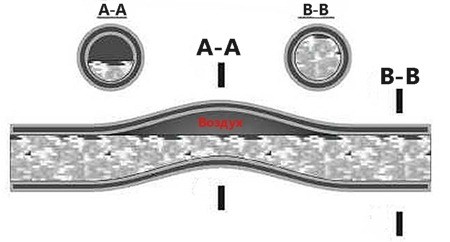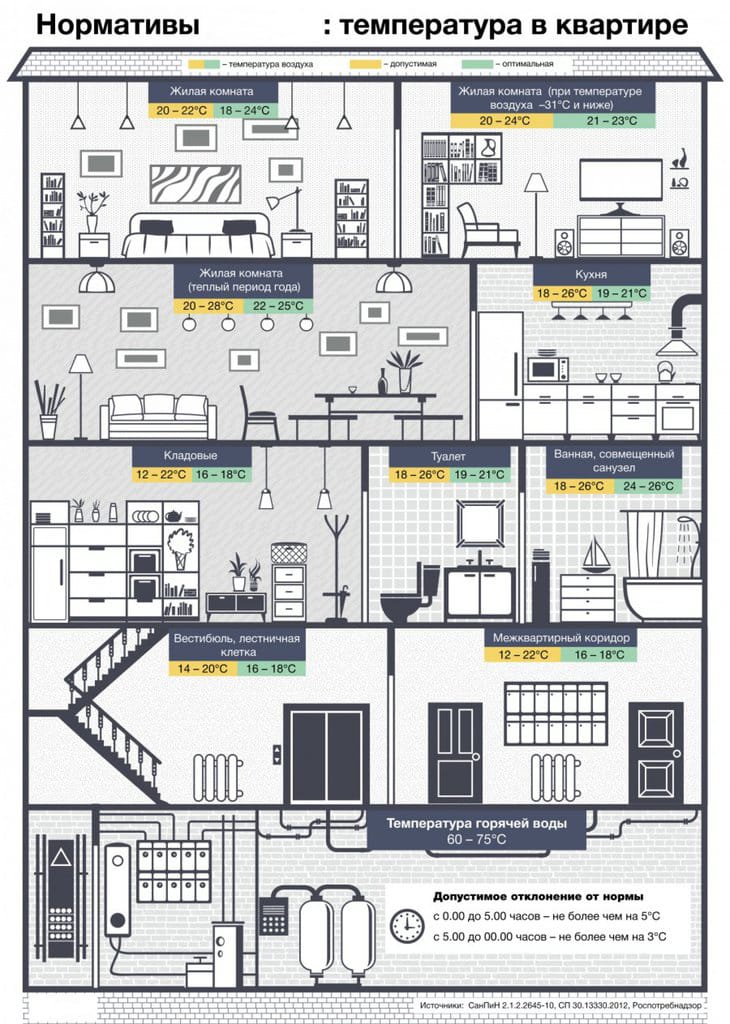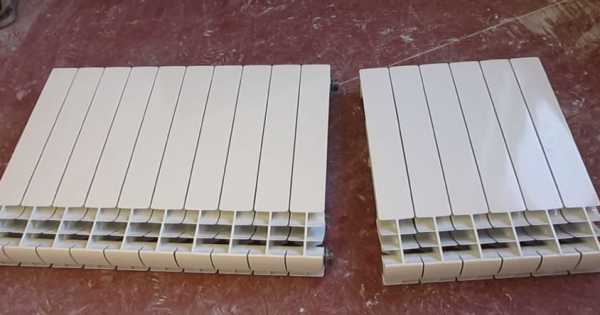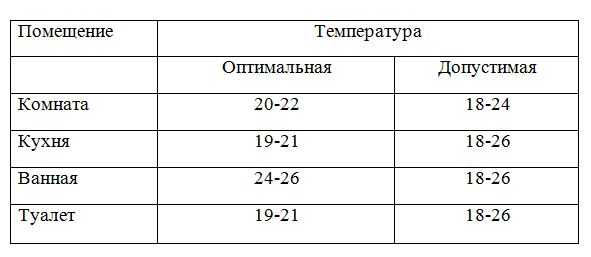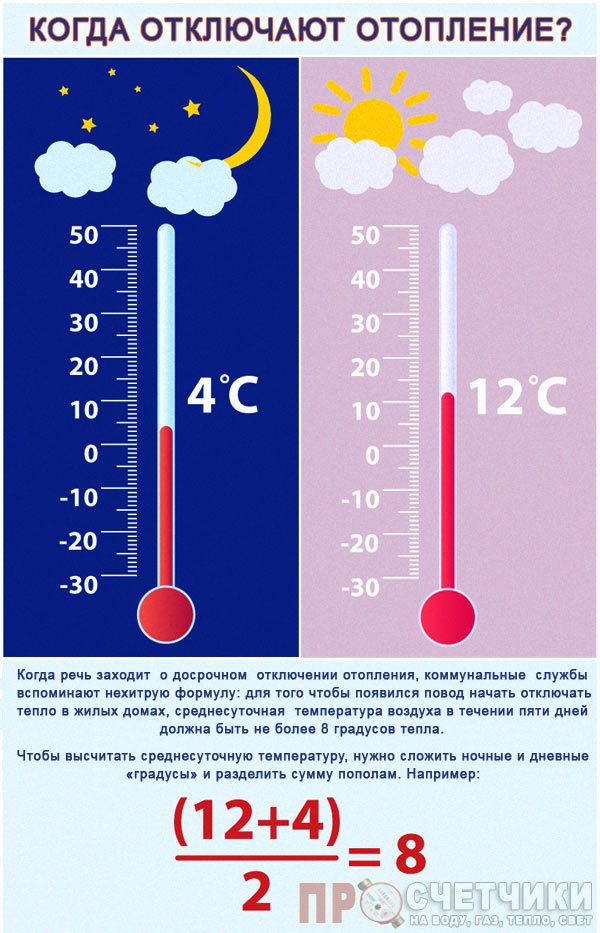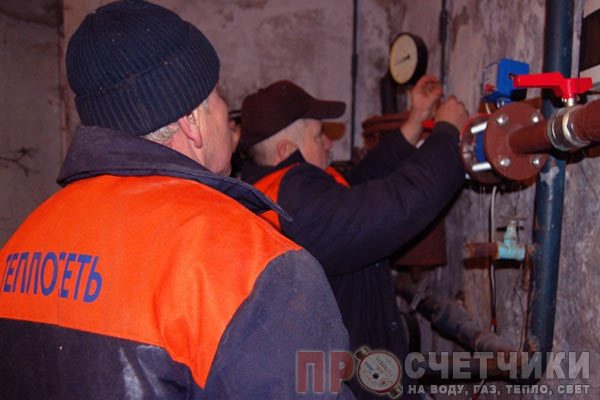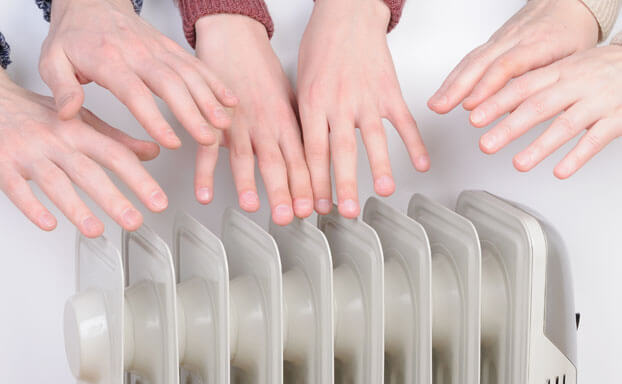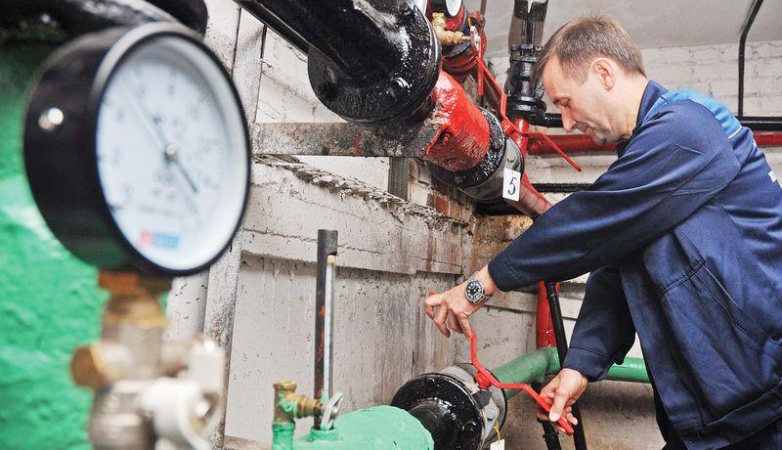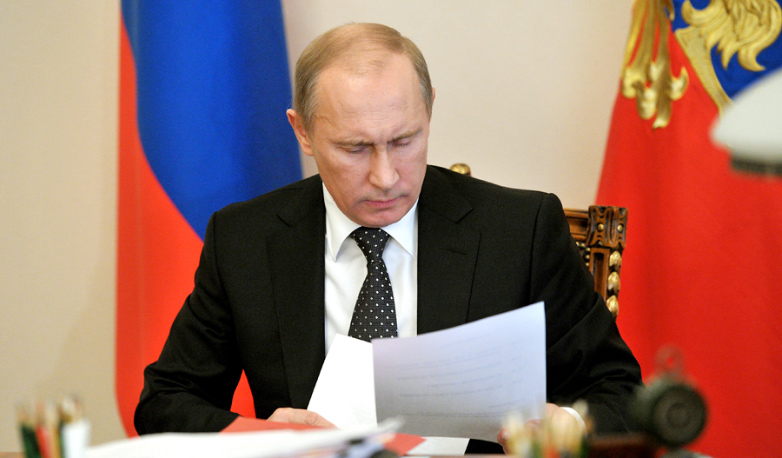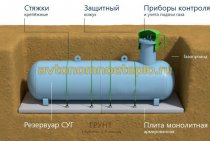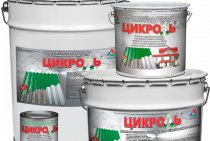What to do if the heating is not turned on for a long time
The procedure for appeals regarding the non-provision of public services or the provision of public services of inadequate quality is the same. It is described in detail in the article about the problem.
But the essence of such appeals is different. If the problem of hot rusty water can be considered as a certain discomfort, then the growing cold outside the window, and after this the cold snap in the apartment, cannot be called an ordinary household inconvenience. Therefore, the emphasis of all your statements should be placed on a direct threat to health, the inability to avoid hypothermia, as a result of the lack of heating in the apartment.
Transfer of heating / heat supply systems to summer mode / turning off heating is carried out only after the order of the person responsible for housing and communal services (deputy mayor for these issues) is accepted and signed (at least in our region of the Volga region, as our regional media inform us ). This takes into account three factors:
- Season / time of year - they will not turn off the heating systems either in December, or in January, or in February. The heating systems are turned off in the spring - from the beginning of April - to the middle of May (depending on the region)
- Weather forecast. The decision to end the heating season is made by the relevant persons in accordance with forecasts of weather forecasters, taking into account the likelihood of sudden cold snaps (in case of predicted prolonged frosts, the timing of turning off the heating is postponed).
- The temperature regime on the street - if the average daily temperature for at least 5 days is +8 degrees and above. Transfer of heat supply systems to the summer period (shutdown of heating systems) should begin from the next day after this (5-day) period.
To turn off the heating, it is necessary that the ambient temperature was + 8 for five days. And you can calculate the day of shutdown yourself. It is necessary, starting from the day the heating is turned on, add to this day the heating period of your region. Get the exact day of the heating shutdown in your area. The heating period is the number of days during which heat is supplied to apartments and other buildings. For example, for Moscow, the heating period is 145 days, for Cape Chelyuskin, 311 days.
All heating periods in Russia can be found on the website.
As far as I know, heating is turned off when the average daily air temperature outside reaches eight degrees Celsius. But very often I notice that in fact, this is not entirely true. Usually the heating season ends in April, when the average daily temperature significantly exceeds the established norm.
Causes of untimely start of the heating period
It would seem that with such good legislation and the responsible attitude of public utilities to their duties, there is no reason to doubt that heating in our apartments will be turned on this year as well. Why do especially impressionable citizens regularly annoy officials with numerous complaints and incomprehensible questions about how, they say, they are freezing and when they will turn on the heating?
Unfortunately, there are enough reasons to doubt the timeliness of heat supply, I will list only a few:
Ordinary bungling, superimposed on force majeure. An example from the Vologda Oblast, where an entire village was left without heating in November 2017. The reason is that fuel could not be brought to the local boiler house due to washed out roads. According to the logic of local authorities, for the delivery of fuel, it is necessary that the soil freeze through for 2 weeks at minus 10-15 °. Here is such a vicious circle, it turns out that in order to warm up, you first need to freeze.
Such cases, despite their absurdity, often happen every year and there is no complete certainty that something similar will not happen next year in your city, with your home.
If you strictly follow the fifth paragraph of the mentioned decree and the unpredictable vagaries of the weather, then the supply of heat, on completely legal grounds, will easily be postponed to the beginning of November. For example, the air temperature in Perm on October 16, 2017 was +10 degrees during the day and at night, although on September 11 it was +3 ° at night, and if the authorities of Perm had followed the instructions exactly, and not common sense, then the Permians would not wait for heat in their apartments until 23 October.
There are frequent cases when, in the so-called preparatory period, no one prepared anything, and winter came, somehow again unexpectedly. Sad but true! An emergency patching of problem areas begins, the search for resources of which is not available in life, but gradually everything, in some miraculous way, returns to normal. That's just the citizens had to freeze once again for a month or two, but this is the cost of the harsh Russian climate.
It is easiest to scold officials from housing and communal services, they are almost incorporeal in their inaccessibility and isolation from the needs of the administration, but most often the causes of poor-quality heat supply are much closer and it is not necessary to communicate with the President in order to solve them. The goodwill of the residents of the house and the willingness to fix problems on their own is enough.
Technical problems with heating
Low intrasystem pressure and, as a result, poor circulation of the coolant. The malfunction occurs due to the increased hydraulic resistance of the system, or, more simply, clogging of pipelines, filters, and valves.
- Periodic airing. It is possible that the cause of such a malfunction was laid down at the design stage or admitted during installation work.
- Insufficient coolant temperature. Most often, temperature loss occurs due to insufficient thermal insulation of the heating main, but it may very well be that the heat load on heating was initially calculated incorrectly.
- Unbalance and illiterate adjustment of the heating system.
Not all problems with heat supply are associated with the development of the resource of the in-house heating system. Sometimes, the culprits of the occurrence of problems are the residents of the house themselves. Or rather, only part of them. Particularly advanced citizens consciously or unconsciously change the design of the system, violating the uniform distribution of heat on all floors. Here are typical homemade examples:
- Increase in the number and (or) area of radiators.
- Connection of additional heating devices. Water heated floor, indirect heating water heater.
- Installation of an additional radiator for heating the balcony, loggia.
Temperature standards for heating radiators in an apartment
- When using two pipes for DHW supply, the maximum allowed t° is + 95°C.
- When a single-pipe structure is used in a building, the water temperature in the heating system of an apartment building, according to GOST, should be no more than + 115 ° C.
In order not to overpay for a resource not provided, you should install an individual heat meter in the apartment. Thermostats for batteries are also relevant for regulating the microclimate in the room. In this case, the owner does not have to measure the level of heating of the coolant inside the radiator.

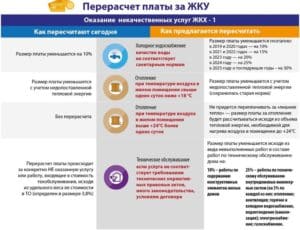
If it is not technically possible to embed a thermostat and an individual meter, then the only way out is to install a common meter for the entire MKD (ODPU).
In the case when the temperature in the heating system of an apartment building stays above +100 ° C for a long time, it should be signaled to the UK and the local CHP. Ignoring the situation will cause the water to boil, which is fraught with a pipe break.
The heating level of the battery can be measured at home by attaching a conventional thermometer to the radiator. 2°C should be added to the value obtained - an infrared thermometer is used for more accurate measurements.
What should be the average daily temperature for the beginning of the heating season
The temperature schedule for supplying coolant to the heating system directly depends on weather conditions. The start and end of the season is affected by the average daily temperature.
The indicator is calculated based on measurements of street temperature every three hours throughout the day. Then all the indicators are summed up and divided by 8. Measurements are carried out for five days in a row.
The level of the average daily temperature according to the current standard for all regions of Russia is 8°С.
At what temperature does the heating turn off?
In order to make a decision to turn off the heating, the State Committee of Meteorologists conducts average daily measurements of street temperature.
The procedure is carried out according to the principle: every three hours during the day the level of the environment is fixed. The results obtained are summarized and then divided by the number of measurements in 24 hours. As a result, the average daily temperature is calculated.
If, as a result of the operation, the indicator is above 8 ° C, then an official decree is issued, which is sent to the municipal authorities of the region. The administration, in turn, approves the decision and sends it to the heads of local thermal power plants and housing and communal services.
The long-awaited warmth in the apartments - what awaits us every year
Homeowners in apartment buildings are constantly tormented by the question of when the heating season will begin this year. There are strict technological criteria for the operation of district heating, which are forced to comply with thermal power companies. Based on the approved SNiP, a budget item is formed, which includes state funds spent on heating public utilities and housing stock. Depending on the duration of the heating season, appropriate fuel reserves are created at the CHPP, and a schedule of planned preventive measures in the maintenance of heating mains is built.
Theoretically, the main parameter that utilities pay attention to in the process of preparing a new heating season is a steady decrease in ambient air temperature. If for a long time the average daily temperature on the street does not exceed 10 0 C, we should expect a long-awaited warming of the microclimate in the apartments
However, this is in theory, in practice everything is much more complicated.
For example, in the Arkhangelsk region, the cold period begins a month earlier than in central Russia, not to mention the southern regions. According to weather forecasters, the temperature in September can be 15-17 0 C, for example, in Moscow and the Moscow region, while in the Urals and Western Siberia this figure can drop to 8-10 0 C. In each individual case, utilities expect accurate forecasts from weather forecasters , focusing on their data in determining the expected date for the start of heat supply to the heating plant.
A long Indian summer, unforeseen warming in mid-autumn, can make significant adjustments to the timing of the start of heat supply to city apartments. Every year brings surprises in this regard, especially given the ever-changing climate on our planet. A sharp chill in the month of September can be replaced by unexpected warmth in October, when everyone is impatiently waiting for the heating to be turned on. In this case, there is confusion. Sometimes the energy company - the entity that supplies heat to your homes, despite the warming, turns on the heating at the set time. Then it gets hot in your apartment, like in Africa. You are forced to open the windows and ventilate the apartment, spending precious heat nowhere.
And vice versa.In a situation where the next warming has postponed the timing of turning on the heating, you enjoy the warmth in the street, and the cold comes again unexpectedly. In this case, both you and the heat supplier will be taken by surprise. In this case, sanitary rules and regulations are the main documents for public utilities that give the right to start centralized heating. Otherwise, for violation of the approved norms, thermal power companies may bear administrative responsibility.
Authorities to file a complaint in the absence of heating
In the event of problems with heating, inadequate quality is recorded or the batteries are cold, do not neglect the rights of the consumer. Complain to official authorities.
Claims are filed sequentially, that is, without writing an application to the Criminal Code or Housing and Utilities, it is useless to file a petition with the prosecutor's office. Only having received refusals or on the fact of inaction, it is allowed to send claims to higher authorities.
The list of supervisory agencies is presented on an increasing scale:
- Housing and communal services, housing cooperative, management company or HOA;
- Housing inspection;
- Russian consumer supervision;
- communal department of the locality;
- local heat and power plant (CHP).
You can download complaint forms here:
-
On the inaction of public utilities.
-
The complete absence of heat supply.
When resolving problems with heating, owners should rely on current regulations for the supply and shutdown of heat in apartments. It makes no sense to come into conflict with the management company or the RSO if the premises are not thermally insulated. Experts also note that there must be grounds for filing a complaint about insufficient heating or heat.
It is the responsibility of the tenants to monitor the temperature in the apartment and the degree of heating of the radiators. In case of detection of deviations from the norm, the management company or the board of directors of the MKD should be reported.
Watch the video: “The best way to heat when there is no gas. On the example of Finland.
Free phone consultation! Moscow and region:; St. Petersburg and region:
At what temperature turn on the heat supply
Often, consumers ask themselves the question, about at what actual temperature should the heat supply be turned on?
Decree of our government of 06/23/2006, on the procedure for the presentation of housing and communal services to citizens. The very beginning of the heating time is considered when the average daily temperature of the external environment is less than plus 8 degrees Celsius for five full days in a row.
So at what temperature is heat supplied !?
According to the above act, at a temperature less than plus eight and if the temperature is maintained for five consecutive days or with the very beginning of the heating period from October fifteenth to April fifteenth.
Also, it will be useful to get acquainted with the norms of the temperature regime from the sanitary and epidemiological service, which must be in residential premises:
Very often the heat supply in houses in rural areas is poor. Thanks to this, you need to try the traditional heating of a country house.
Also read: My recommendations for choosing heating pipes
Traditional heating is a good replacement in a private home
How to perform traditional heating? To install traditional heating you will need:
- heating batteries,
- pipes for connecting heating components,
- water boiler
- and much more.
This is all you can buy in our company.
We advise: Detailed instructions on how to increase the battery
Recommendations and advice
- It is necessary to install water boilers closer to the living quarters, many people usually put boilers in the kitchen, some make a specialized extension to the kitchen where the boiler is located.
- Based on the above, the boiler in a traditional heating system must be placed below the heat dissipators.This will increase the circulation of pressure in the system, which in turn can make your home more comfortable and warmer.
Related note: 5 rules for filling the heating system
What to do if you have problems?
If you have problems with cold winters and low temperatures in your home. If the purchase and installation of traditional heating puts you in a difficult position, from which it is difficult to find a way out. Contact the specialists of our company, and they will install heat in your home very quickly and with the highest quality.
Our company is ready to provide all services for the installation and connection of traditional home heating.
Heating in the off-season
The off-season in the heating plan is the time between turning off the heat in the spring and returning the hot water supply to the pipes in the fall. The weather is an unpredictable thing, so a sharp cold snap can occur in late spring. In some regions, frosts continue until May.
The state does not have the ability to open and close the CHP dampers at the request of the people. Therefore, under normal conditions, it is necessary to resort to additional means of space heating. Most often use electric appliances, less often gas.
In some private houses, additional heating takes place with the help of a wood-burning stove and bourgeois stoves.
An alternative for multi-apartment buildings is liquid fuel heaters, as well as:
- Oil-based radiators and convectors. Cons - high consumption of electrical energy. Plus - it heats the room efficiently and maintains the set temperature for a long time after disconnecting from the network.
- Fan heater - quickly heat the room, but also cools down when the power is turned off. The main disadvantage is that it dries the air in the apartment.
- The air conditioning system is expensive, but reliable and durable. By installing a "split", the owner solves two problems. In summer, you can set the optimal coolness in the house, and warm up in winter (but only at outdoor temperatures down to -5 ° C). Experts recommend choosing energy-saving models to reduce electricity costs.
For your information: installing underfloor heating in apartments and houses can also solve the problem of heating in the off-season.
Important points for turning off and on heating
Immediately with the beginning of spring warming, many residents of the capital and other cities are beginning to be interested in the real days of turning off the heating. The following points are important here:
- Average daily temperature - this value takes into account all temperature indicators, both day and night. To turn off the heating, it is necessary that the indicator is not lower than + 8 ° C and kept at this level for at least 5 days. If this condition is met, it can be expected that the central heating will be turned off.
- Temperature stability - if the condition is met, and weather forecasts indicate that frosts are not expected in the region, then the city authorities may decide to turn off the heating. This decision is reported to the district authorities, and they already inform the housing and communal services and give an order to turn off the heating.
The end of the heating season and the cessation of heat supply to consumers are associated with significant financial and human resource costs. The expediency of such a decision is determined by the city authorities, focusing on average daily temperatures and weather forecasts for future periods. These indicators are objective, and no others will be taken into account when turning off the heating.
There are a number of objective reasons that indicate that the untimely shutdown of centralized heating is not a rational measure. The main experts include:
Features of operation of heating mains and CHP
It is important here that in order to launch centralized heating, all the necessary indicators must be brought to a certain level, which is set by specialists.In addition, you should create the desired difference between pipelines of different levels.
And, if in summer it is either completely absent in heating mains, or the level is minimal, then in winter the pressure is 6-7 kgf / cm² when 3-4 kgf / cm² is supplied to the reverse. For sufficient heating of the coolant and the creation of a proper differential, significant energy resources are required. In addition, this process takes quite a long time. For example, for heating only for a small city, thousands of cubic meters of coolant pass through the heating mains. It follows from this that it is simply physically impossible to quickly turn on heating (within a few hours after weather forecasts).
The end of the heating season of 2019, however, as well as the beginning of the next, according to the order, must be accompanied by the relevant service organizations, since these procedures are associated with an increased accident rate. For these reasons, it is advisable to plan and prepare a work plan for the maintenance personnel in advance. All employees of such organizations during this period will have to work, almost in an emergency mode. It is quite natural that it is necessary to form a vacation schedule taking this moment into account in such a way that engineers and mechanics at the time of starting / turning off the heating are in full force on the ground.
What is the heating season
The heating season lasts from the time the utilities turn on the heating until they turn it off. This interval usually begins in autumn and ends in spring. However, the exact dates are regulated by the relevant authorities.
Heating is supplied through central pipes. Such designs are in every home. To make it easier for you to understand how central heating works, we suggest that you familiarize yourself with its process in more detail.
How does the process of heating apartments:
- Heating of apartments is carried out with the help of a pipeline. Pipes stretch from the city's central boiler house and diverge to houses and apartments. Here the coolant is water.
- Also, houses can be heated from heat and power plants. In this case, electricity and steam are used as heat carriers.
- The coolant is supplied through a developed pipe system. Pipes run in two rows. According to the first, the coolant enters the apartments, according to the second, it returns from them.
- In apartments, heat is distributed through pipes.

This system has central heating. With its help, multi-million cities are heated. However, you have to pay for such services.
When heating will be provided in 2017 in Moscow this year, the heating season will begin in October
There is a certain instruction, following which housing and communal services begin the heating season. There are certain regulations, according to which heat in houses should appear before October 15 inclusive. There is also a list of institutions, (for example, municipal buildings, schools, kindergartens, hospitals, and so on), the inclusion of heating in which begins earlier than the established dates. Also, public utilities are guided by the basic principle, that is, they turn on heating if the daily temperature stays at or below plus 8 degrees Celsius for five days.
With all this, one prescription contradicts another, because if after October 15 the air temperature is above plus 8 degrees, heating will not be turned on yet, as this is not profitable for service providers.
Also, public utilities are obliged to supply heat to our homes on behalf of the mayor of the city, as happened last year in 2016
If we take into account the statistics, the heating season in the capital starts from 1 to 15 October. A little earlier than this period, municipal institutions begin to receive heat, and after them, office buildings
Ways to heat your home during the off-season
Fan heaters allow you to quickly heat even a large area, and at the same time they consume a small amount of electricity. Since they do not take up much space, they are convenient to store when they are not needed, even in a small apartment. However, it should be borne in mind that their use worsens air quality - due to the oxidation of the spiral material and the burning of dust, the oxygen content decreases (read more: "").
At the same time, it cannot be said that the temperature at the beginning of the heating season is a priority factor. Nevertheless, the time of the year plays a big role - even if it is still warm in November, the heating will still be turned on.
Heating season schedule on video:
In a period when the harsh winter frosts are replaced by spring warmth, you can see more and more windows open for ventilation in residential buildings. The existing contrast between the temperatures in the apartments and on the street is such that a feeling of absolute stuffiness is created. This is especially true for those houses that have been built over the past 50 years. Such intense heating during this period significantly affects the amount of receipts for a communal apartment. Taking into account the fact that in recent years housing and communal services tariffs have shown a constant and steady growth (especially in Russian cities with a population of one million), and now the amount of payments is gradually exceeding reasonable limits, I want a clear understanding of when the heating systems will be turned off (especially in the case of when there is no real need for it).
According to the legislation in force in Russia, the beginning and end of the heating season has clear deadlines. However, no one is in a hurry to inform citizens about exactly when they will turn on / off the heat in their homes.
Every time the townspeople are at a loss when the batteries will become warm (at the end of autumn), and when the batteries will be turned off (in the spring). At the same time, it is impossible to independently predict when the heating will be turned on and off this year (the human factor plays an important role here).
To simplify the life of citizens, it will be enough to acquaint them with the relevant legislative acts, as well as with the statistics of past periods. This will help clarify the issue of when to wait for the end of the heating season and turning off the heating in 2019.
If the house is equipped with an autonomous heating system, then the tenants themselves (the owners of the premises) decide when to start and end the heating season. The only thing that can be negative here is the likely increase in electricity consumption, which will naturally entail additional costs. In this case, subscribers decide for themselves what is more important - to warm up or save on payments.
To date, there is already a corresponding resolution to turn off heating in 2019. So, heating will be turned off on the following dates using the example of large cities:
- 04/26/2019 - in Moscow;
- 04/24/2019 - in the Moscow region;
- April 27, 2019 - in Yaroslavl;
- April 28, 2019 - in Tula;
- 04/29/2019 - in Tver;
- 05/03/2019 - in Novokuznetsk.
What to do if it is warm outside and the heating is not turned off
It should be borne in mind that stopping the heating equipment for summer mode cannot be done immediately. Heating is turned off in a certain sequence. First of all, the heat supply of administrative buildings and industrial facilities is stopped. They are followed by residential apartment buildings and only last turn off the batteries in schools, kindergartens and other social institutions.
However, there is some injustice in all these rulings. At a time when it is already warm outside and the temperature of the pipeline is reduced to a minimum, residents are forced to pay their heating bill in full. You can find a way out of this situation by setting counters for heating appliances.
It is also possible to turn off the heat individually ahead of time.To do this, you will need a collective application and the consent of all the residents of the house, which is provided to the organization that supplies heat to your region. Only then will it be turned off.
Preparation of housing stock for the heating season 2017-2018
Comprehensive preparation of housing and communal services facilities for seasonal operation is regulated by the regulatory requirements for people living in the autumn-winter period.
- elimination of cracks and holes in the outer walls, plinth, attic ceilings, roof and places of their joining with each other, windows or doors;
- restoration of plaster coating, roofing, etc.;
- putting in order the technical premises;
- checking the integrity of window and door fillings, closers and porches;
- carrying out trial furnaces of central heating and stoves;
- ensuring the removal of atmospheric and melt water from the descents to the basement, window pits;
- checking the quality of waterproofing of foundations, basement walls and basement;
- checking the operability of heating furnaces and installations with gas heaters, chimneys, gas ducts, internal systems of heat, water and electricity.
Based on these recommendations, as well as the shortcomings identified as a result of the spring inspection of the MKD and its engineering systems, the management company or the HOA develops an action plan for preparing for the heating season and approves it with local governments.
The management company's preparation plan for the heating season, in addition to technical work, includes a number of organizational measures:
- retraining and advanced training of employees who ensure the operation and emergency repair of boiler houses, heating points, engineering systems;
- instructing emergency service workers, maintenance workers, janitors;
- carrying out technical inspection and maintenance of vehicles, means of communication, equipment, tools, cleaning equipment, inventory;
- preparation or restoration of schemes of intra-house engineering systems;
- conducting an audit of thermal units, operability of metering devices (with replacement, if necessary), certification of the integrity of the seals.
In addition, when preparing for the heating season, management companies and HOAs must take into account other requirements of Rules 103:
- the degree of readiness of heat-consuming installations for operation and their provision of the mode of consumption of thermal energy specified in the resource supply contract;
- absence of debts for delivered thermal energy, coolant;
The main problem in preparation for the heating season is the highest level of consumer debt for supplied energy resources. Debt in the housing and communal services sector is more than one trillion rubles, of which 800 billion are debts of management companies to resource supply organizations.
Mikhail Men, Minister of Construction and Housing and Public Utilities of the Russian Federation
In accordance with the Rules for the maintenance of common property in an apartment building (approved by Decree of the Government of the Russian Federation of August 13, 2006 No. 491), the responsibility for preparing in-house engineering systems for seasonal operation is assigned to the owners of residential premises of an apartment building (in the case of direct management) or HOA and managers companies. Events are funded by the owners.
Law on "alternative boiler house"
As for preparations for the 2017-2018 heating season of the heating network, control over it will be entrusted to new structures - unified heat supply organizations (ETO).
On July 31, 2017, President Putin signed the federal law “On Amendments to the Federal Law “On Heat Supply” and Certain Legislative Acts of the Russian Federation on Improving the System of Relations in the Sphere of Heat Supply.”
The document, which received the popular name “Law on the “alternative boiler house”, changed the system of regulation of heat tariffs.The new model provides for the establishment of a price limit for the coolant, which is called the “alternative boiler house”. This is a calculated figure. It corresponds to the cost of one gigacalorie of thermal energy if consumers want to build their own (alternative) boiler house.
In addition to ensuring the uninterrupted process of heat delivery from the producer to the consumer, ETOs will be responsible for the entire range of measures for the construction, reconstruction, modernization of heat supply facilities, as well as for their preparation for seasonal operation.
However, the maintenance of intra-house networks, the installation of heat meters and the preparation of the heating unit for the heating season will remain the responsibility of management companies and homeowners associations.
Who sets the start date for the heating season in Moscow
In Moscow, certain standards apply when heating is turned on according to the norms.
Heat is supplied under the condition that within 5 days the average daily air temperature is kept at a limit of 8 degrees and below. Despite the fact that it is still warm outside, the rooms begin to cool quickly
.
According to weather forecasters, such a temperature in the Moscow region is set no earlier than in the second decade of October.
A few years ago, a rule was adopted, according to which the regional authorities have the right to decide on the premature inclusion of heating, if there are grounds for this.
In Moscow, the Moscow United Energy Company is responsible for the start of the heating season.
Thus, MIPC cannot start supplying heat without receiving a corresponding order from the Deputy Mayor for Housing and Public Utilities.
Technically, heat can be supplied to one specific house, however, this practice is not common. Schools and clinics, hospitals and kindergartens are connected in stages, and only then at home.
At the very least, heat is supplied to enterprises - it depends on the degree of readiness of the organization itself.
According to available data, the average turn-on time for heating in Moscow is mid-October.
If five or more days have passed, it is cold outside, and heating has still not been supplied, you need to file a complaint with the management company. The problem can be technical or economic.
In the first case, after checking the pipes by a specialist and replacing broken parts, the issue will be resolved.
What to do if not included
What should the consumer do if the heat supply company does not fulfill its obligations? Try to force a recalculation, because you did not receive the service, although you may have already made a payment for heat. It is necessary to submit an application to the operating organization, which must send a specialist with a verified thermometer. If the temperature in the apartment is below the standard (20 ° C), you are required to recalculate in the next month.
There are certain standards for heating. They are the same for all regions, but the systems are turned on at the moment when the average daily temperature in the city remains at the indicator set according to the norms for several days.
Heat values may vary depending on the type of room. In hospitals and kindergartens, heat is supplied earlier than in apartments.
If the standards are not met, an application should be submitted to the regulatory organizations, after which an audit will be carried out.
